The insulation solutions available through Star Freight & Trading FZC LLC are sourced from trusted global suppliers and come in a range of materials, including rubber, epoxy, silicone, and various high-performance composites. These materials are ideal for use in high-voltage systems, where insulation is key to maintaining operational safety and efficiency. Whether for transformers, switchgear, cables, or other electrical equipment, the insulation products are engineered to meet the demands of power plants, substations, and industrial facilities.
By partnering with reputable suppliers, Star Freight & Trading FZC LLC ensures that all insulation products meet international quality standards and offer superior performance. The company’s knowledgeable team is committed to helping clients choose the right insulation materials for their specific applications, ensuring optimal safety and reliability for power systems. With a focus on customer satisfaction, Star Freight & Trading FZC LLC delivers insulation solutions that support the efficient operation of electrical infrastructure.
Frequently Ask Questions
Q. What do you mean by insulation?
A. Insulation is a general term that refers to any material or method used to resist or block the flow of energy—whether it’s heat, electricity, or sound. In electrical contexts, it helps isolate conductive parts to ensure safety and improve system reliability.
Q. What is insulation in electrical?
A. In electrical systems, insulation refers to a protective layer made of non-conductive materials, like rubber or plastic, that surrounds wires, cables, and electrical components. It prevents unintended current flow, protects against electric shock, and avoids short circuits by keeping conductive paths separate.
Q. What is known as insulation?
A. Insulation is known as the barrier or shielding layer that resists electrical conduction and is applied to live parts such as wires, terminals, and connectors. It’s a critical safety feature in every electrical device or power system, ensuring that electricity follows its intended path without leakage.
Q. What is used for insulation?
A. Various materials are used for insulation depending on the application, including PVC (polyvinyl chloride), rubber, glass, mica, ceramic, polyethylene, and insulating oil. These materials are selected based on their thermal resistance, dielectric strength, flexibility, and environmental durability.
Q. Where is insulation used?
A. Insulation is used throughout electrical infrastructure—from household wiring and power tools to transformers, motors, high-voltage equipment, and underground cables. It ensures that live electrical parts are safely isolated and systems operate efficiently without dangerous electrical faults.
Q. What is an insulator? Give 5 examples.
A. An insulator is a material that does not allow electric current to pass through easily. It’s used to protect, separate, and support electrical conductors.
Examples of insulators include:
-
Rubber – used in gloves and cable jackets
-
Glass – used in overhead power line supports
-
Ceramic – common in high-voltage insulators
-
Plastic (PVC) – used for wire coating
-
Mica – used in electrical appliances and high-temperature systems

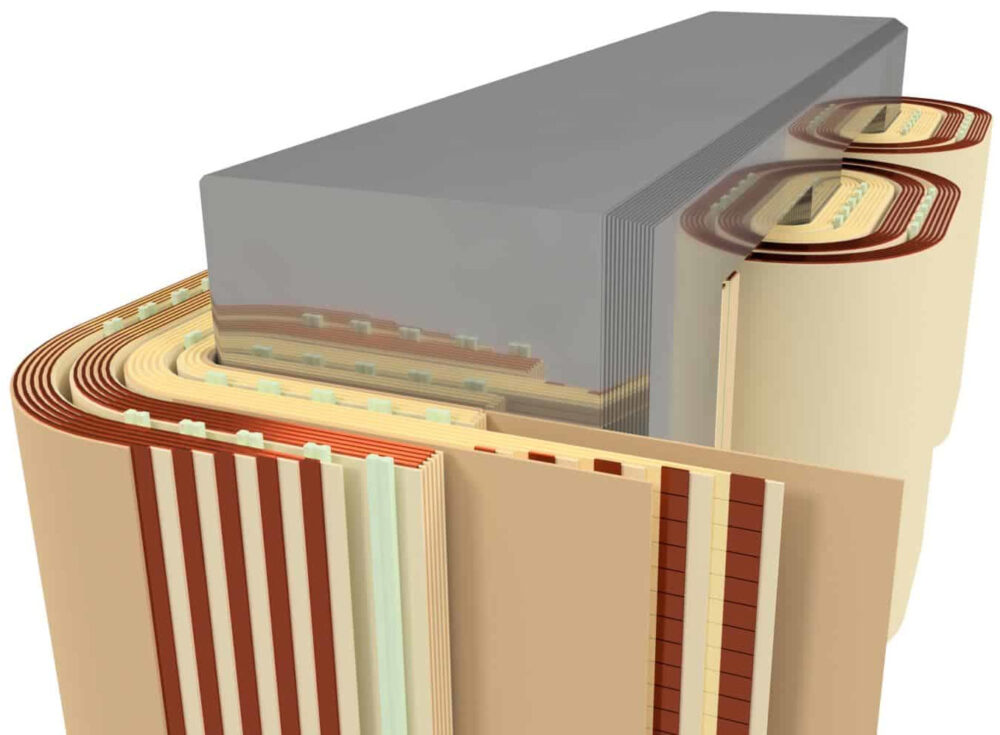
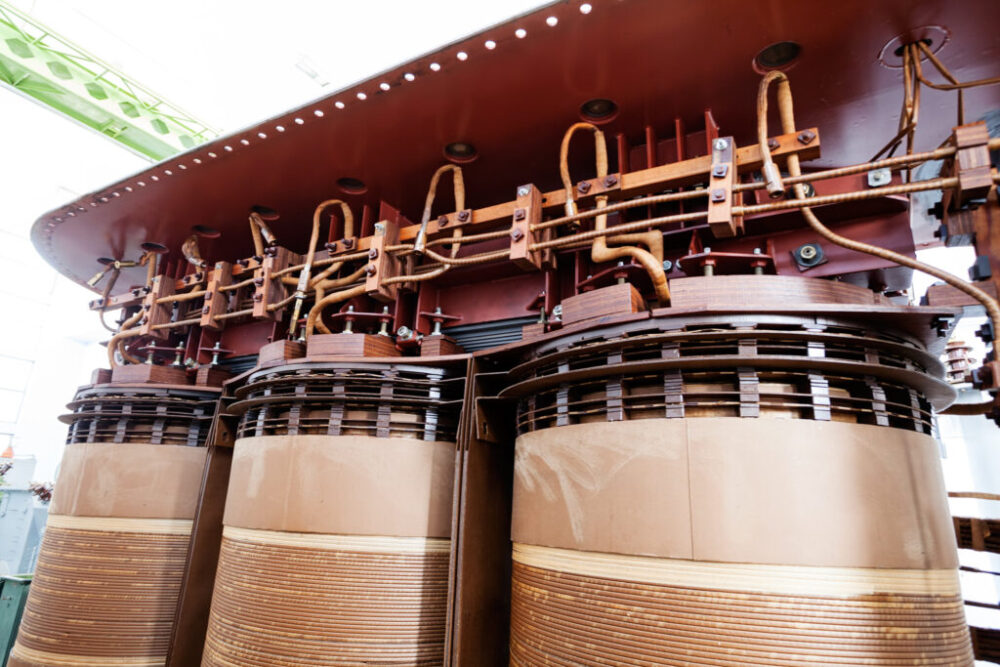
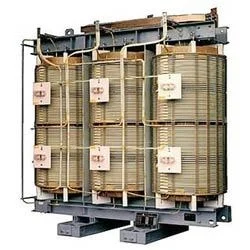

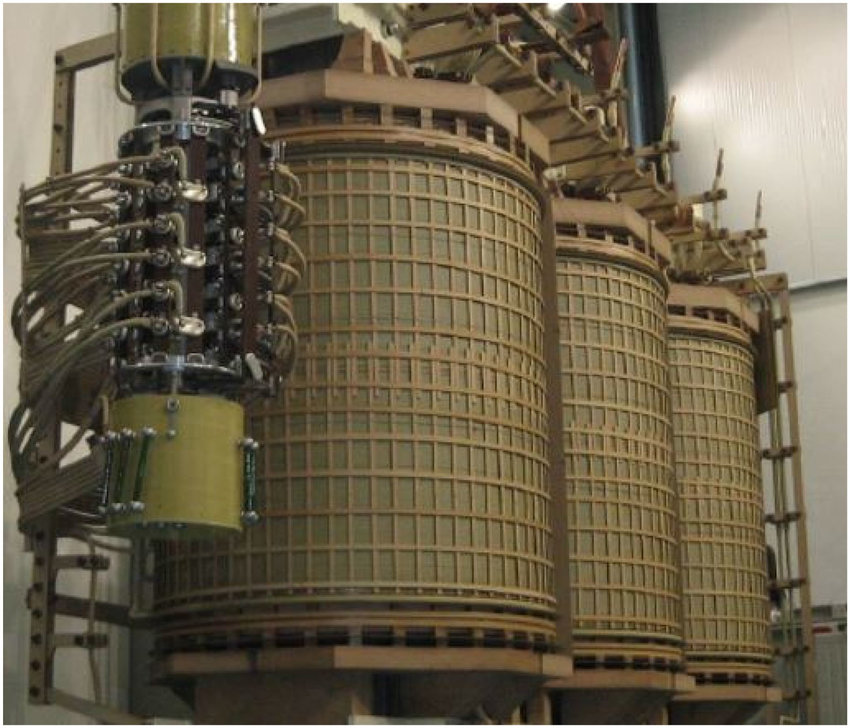

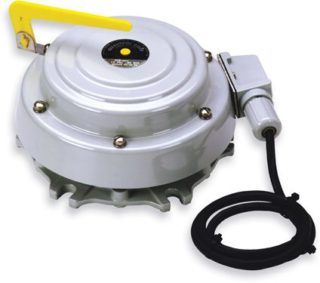
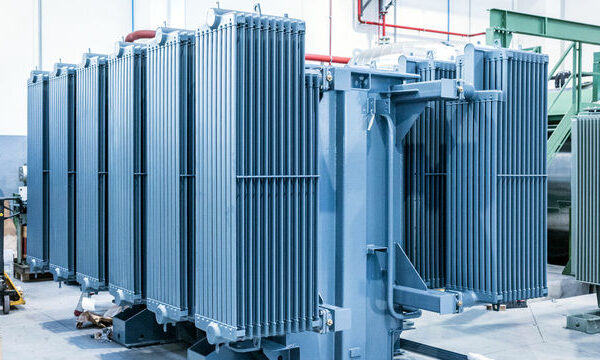
Reviews
There are no reviews yet.